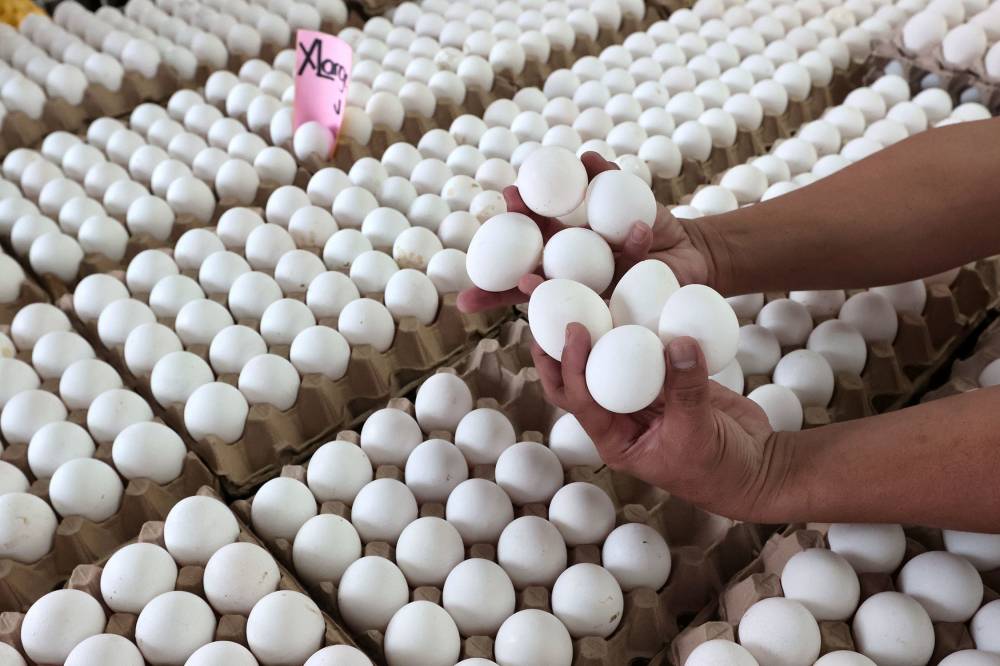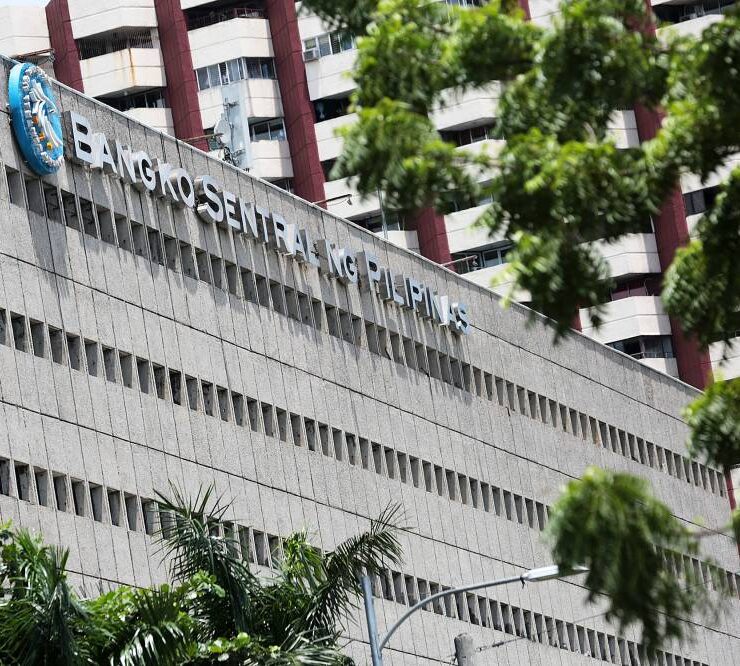Agri chief urges steps to avert egg shortage

Secretary Francisco Tiu Laurel Jr. of the Department of Agriculture (DA) said steps must now be taken to avert a possible shortage of eggs in April.
Tiu Laurel recommended measures—like funding support for local egg producers—as he warned of a potential scarcity in two months due to losses from oversupply and lower prices that many of them suffered last year.
The unfortunate thing is … there might be a shortage of eggs by April,” Tiu Laurel told reporters on Friday.
“Hopefully, there may be a chance to avert this because it’s only February. [At] least, looking forward, we know there’s a problem and we will act on it,” he added.
Tiu Laurel urged financial institutions such as the Land Bank of the Philippines and the Development Bank of the Philippines to provide funding to support the industry’s repopulation efforts.
“The problem with this shortage is that last year, there was an oversupply of eggs, causing farm-gate prices to drop by P4 per piece. Many suffered losses. Those who incurred losses culled their laying hens to generate cash,” he said.

The DA said this situation “significantly reduced the population of egg-laying hens, potentially impacting future supply.”
The agency, however, does not have existing programs to support those who intentionally or voluntarily slaughtered their chickens to cut their losses.
The DA chief said local poultry raisers need hatching eggs, or the practice of incubating fertilized eggs to produce chicks to boost production, as demand has started to increase.
Potential impact
A shortage will not only impact households who rely on eggs for protein but also businesses and industries such as bakeries, restaurants, and food manufacturers. This could force businesses to raise prices or cut production output to cope with the supply shortage.
Tiu Laurel said taking the necessary steps could help avert a crisis similar to the one affecting the United States, where an avian influenza outbreak has led to the culling of millions of egg-laying chickens.
“I just came back from America. There, eggs are sold from $2.45 per tray to $4.15 per tray. And in their supermarkets, I no longer see eggs. There’s a limit of one to two trays per individual,” he said.
The DA said it is expediting the importation of egg-laying chickens and pushing for immediate approval by the Food and Drug Administration of avian influenza vaccines.
The agency is also secure that there is a P300-million budget requested by the National Livestock Program to fund vaccine testing, with the possibility of mass inoculation beginning as early as March.
The monitored release of these vaccines, according to Tiu Laurel, will give confidence to the industry.
The Philippines has no positive cases of highly pathogenic avian influenza, based on the Bureau of Animal Industry’s update as of Jan. 24.
“There were no ongoing cases since culling or depopulation and surveillance activities within a 1-kilometer radius in the previously reported cases were completed,” the bureau said.
Bird flu risk
Meanwhile, the Philippine Egg Board Association said a shortage was unlikely and that domestic supply had even increased.
“We don’t see it that way, however, anything can happen. Ang dami kasing may bird flu sa ibang bansa at huwag sanang makarating dito sa bansa natin (There are so many cases of bird flu in other countries and I hope it doesn’t reach our country),” Peba chair emeritus Gregorio San Diego said in a text message.





















